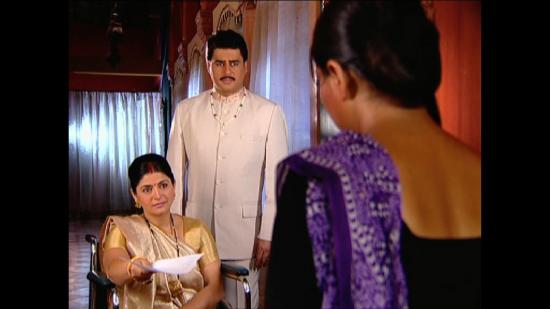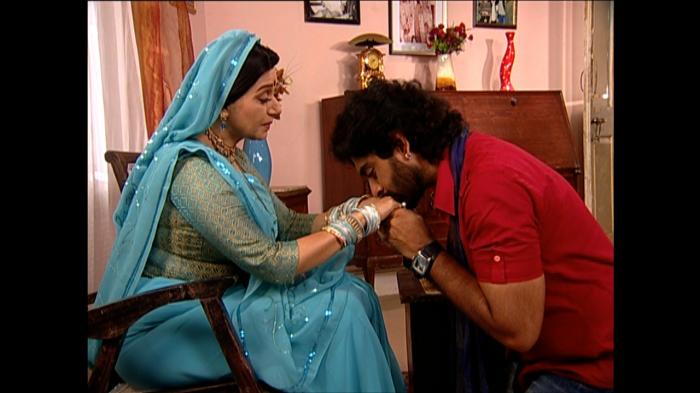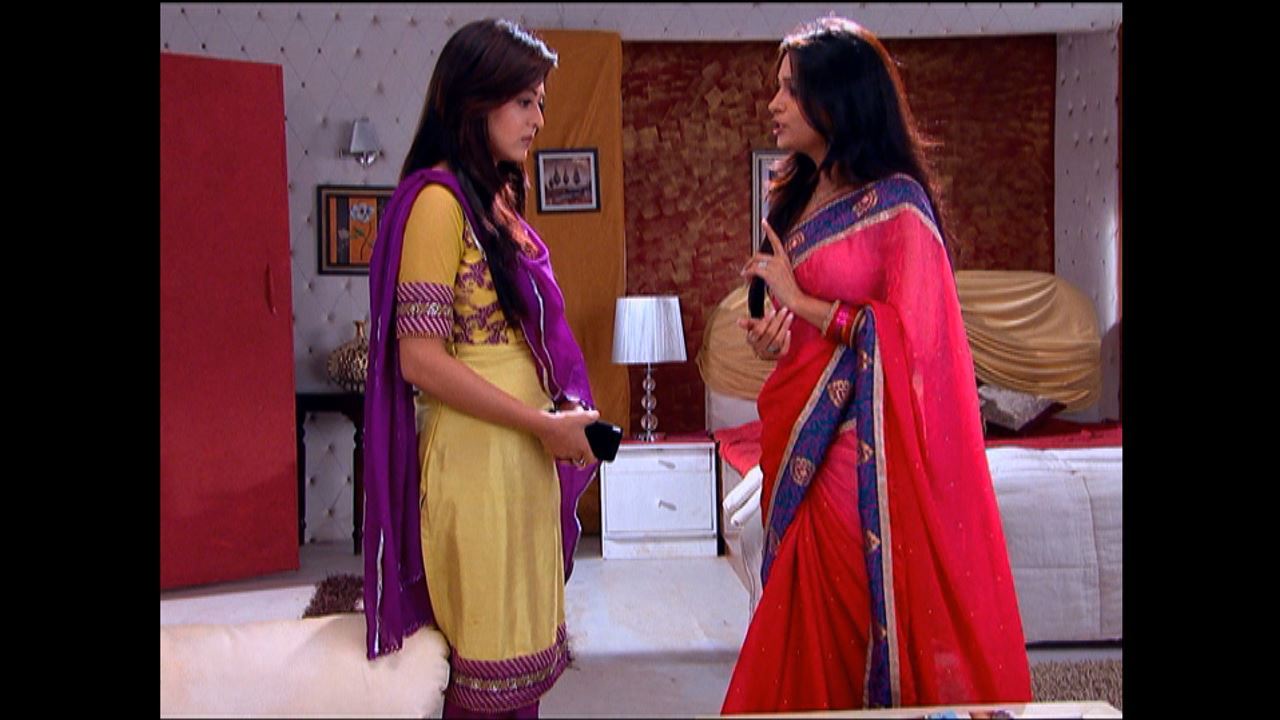
#Uttaran serial episode 705 series#
Often centered around a love story, series set in contemporary times often focus on family ties and romantic relationships.

Jumong, which aired on IRIB (Islamic Republic of Iran Broadcasting) in 2008, had 85% viewership. Sageuks including Dae Jang Geum ( Jewel in the Palace), Yi San (Lee San, Wind of the palace) and Jumong enjoyed strong ratings in countries such Vietnam, Uzbekistan, Kazakhstan, Fiji and Iran. Since the mid-2000s, some sageuks have achieved major success outside of Korea, in places such as Asia-Pacific, Central Asia, Greater Middle East, Central and Eastern Europe and Latin America. While sageuk literally translates to "historical drama", the term is typically reserved for dramas taking place throughout the course of Korean history. The term sageuk refers to any Korean television or film drama that is either based on historical figures, incorporates historical events, or uses a historical backdrop. However, it is an emerging trend amongst Korean dramas to showcase ongoing societal issues of Korean society such as stigma of mental illness, gender inequality, suicide, classism, bullying, spy cameras, corruption, homophobia or racism. The main themes of Korean television dramas are friendship, family values, and love, blending traditional values of Confucianism with Western materialism and individualism. While most dramas carry romantic elements and deep emotional themes, there are various styles and tones. K-dramas have a multitude of different genres such as action dramas, historical dramas, school dramas, medical dramas, legal dramas, or even horror comedies. During the late 2000s, for example, the weekend series First Wives' Club recorded 41.3%, according to TNS Korea, and the evening series Temptation of Wife peaked at 40.6%, according to TNS Korea. The night time dailies can achieve very high ratings. Instead, the daytime schedule often includes reruns of the flagship dramas. Unlike American soap operas, these daily dramas are not broadcast during the daytime. Dramas in these slots are in the telenovela format, rarely running over 150 episodes. The 19:00 to 21:00 evening time slot usually have been reserved for daily dramas, which run every night from Monday through Friday. This differs from American television series, which can rely on multiple directors and writers working together. This often leads to each drama having distinct directing and dialogue styles.

Yongin Daejanggeum Park, a filming site where historical dramas for Munhwa Broadcasting Corporation are producedĪ single director usually leads Korean dramas, which are often written by a single screenwriter. 8.2 List of highest-rated series on cable television.


Unsourced material may be challenged and removed. Please help improve this article by adding citations to reliable sources. This article needs additional citations for verification.


 0 kommentar(er)
0 kommentar(er)
